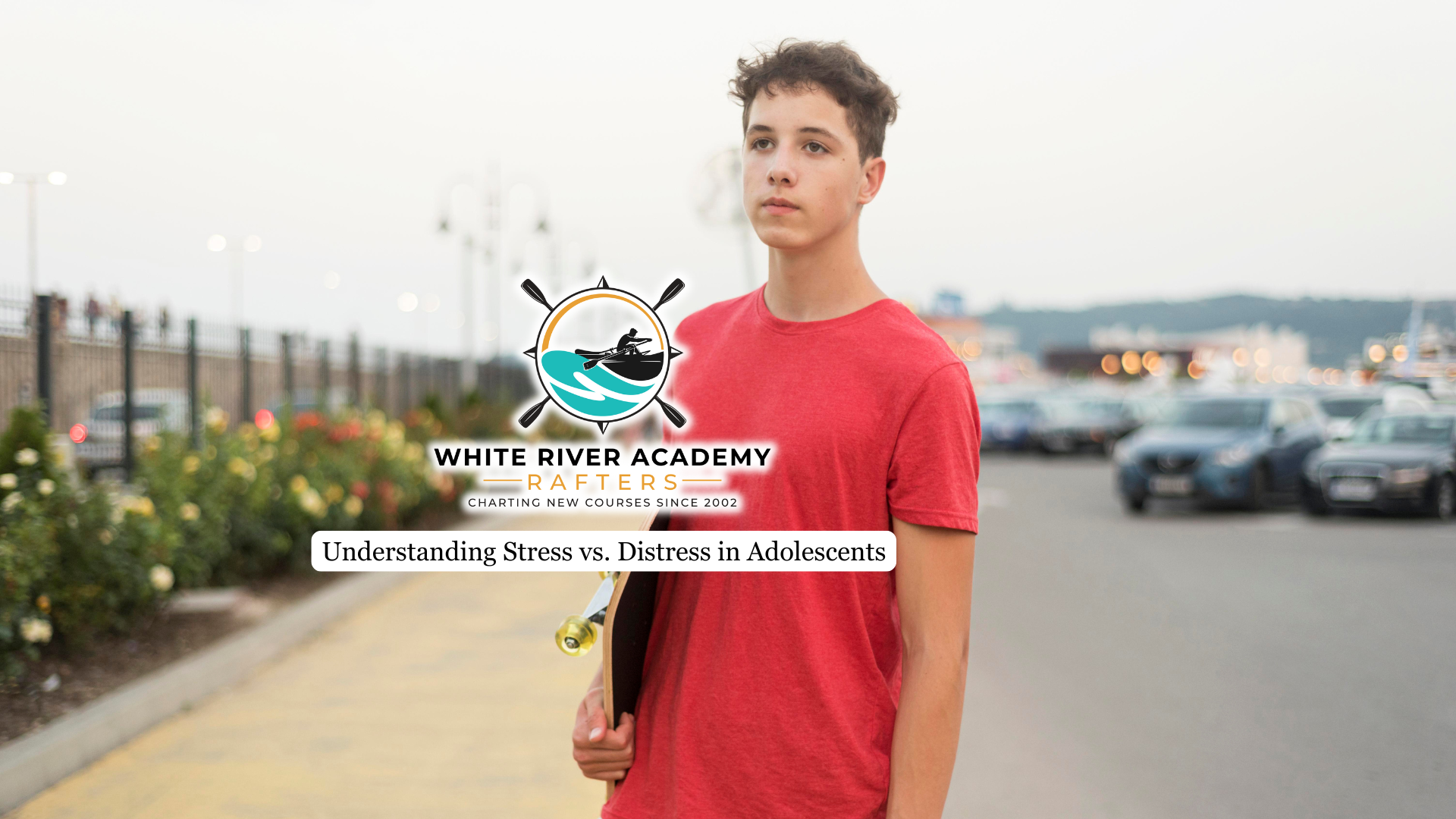In today’s digital world, playing video games has become a popular activity among youth, offering entertainment, social interaction, and even cognitive challenges. However, as gaming habits become excessive, they can develop into gaming addiction, significantly impacting emotional health and personal relationships. When left unaddressed, this behavioral addiction can lead to strained family dynamics, social withdrawal, and a decline in both emotional and physical well-being.
Gaming addiction affects more than just screen time—its consequences extend into the core of personal development and emotional health. Youth struggling with internet gaming disorder often experience negative consequences such as poor academic performance, withdrawal symptoms, and difficulty forming meaningful relationships offline. The addictive nature of video games can create emotional disconnection from loved ones, leaving both youth and their families struggling to reconnect.
This article explores the social impact of gaming addiction, focusing on its influence on relationships, the risk factors involved, and effective solutions for families and educators seeking healthier habits and professional support.
Understanding Video Game Addiction

What is Gaming Addiction?
Gaming addiction, also referred to as Internet Gaming Disorder (IGD), is a behavioral addiction characterized by excessive and compulsive engagement in video games that disrupts daily life. Unlike casual gaming, gaming addiction involves a loss of control over time spent gaming, often leading to significant impairment in social, academic, and emotional areas of life.
According to the American Psychiatric Association’s Diagnostic and Statistical Manual (DSM-5), Internet Gaming Disorder is identified by persistent gaming behavior despite negative consequences, preoccupation with gaming, withdrawal symptoms when not playing, and an inability to prioritize other aspects of life.
The American Psychiatric Association outlines specific criteria for diagnosing Internet Gaming Disorder, including:
- Spending increasing amounts of time playing video games despite harmful outcomes.
- Withdrawal symptoms like irritability, anxiety, or sadness when attempting to stop gaming.
- Continued excessive gaming despite knowing the negative consequences.
- Loss of interest in other activities and hobbies.
- Jeopardizing relationships, academic performance, or family connections due to gaming.
This disorder affects a small but significant percentage of youth, leading to severe emotional disconnection from their environments.
The Link Between Gaming Addiction and Mental Health
The emotional toll of gaming addiction goes far beyond excessive screen time. Research has shown that Internet Gaming Disorder is closely linked to negative moods, heightened anxiety, and depression, especially when it interferes with personal development and real-world relationships. Youth struggling with this form of behavioral addiction may use gaming as a way to escape stress or uncomfortable emotions, creating a harmful cycle of avoidance rather than emotional growth.
Additionally, studies have indicated a concerning link between gaming addiction and pornography addiction, as both share patterns of compulsive behavior and impaired impulse control. White River Academy addresses both addictions through a comprehensive treatment approach designed to help youth develop healthier coping mechanisms, rebuild emotional connections, and regain control over their behavior.
Key Statistics on Gaming Addiction in Youth
While gaming can be a healthy pastime when moderated, video game addiction continues to rise with the growing accessibility of online games and the expanding video game industry.
- 85% of American teens play video games with over 40% playing daily
- 8.5% of youth video game players show signs of internet gaming disorder
The increasing availability of online video games, combined with their highly immersive and competitive nature, has made it easier for youth to develop problem gaming habits, emphasizing the need for early intervention and family support.
The Impact of Gaming Addiction on Family and Relationships

Family Dynamics
Gaming addiction can deeply affect family relationships, creating conflict and emotional strain within the home. When a youth develops video game addiction, the time spent on playing video games often comes at the expense of essential family interactions, such as shared meals, conversations, and quality bonding moments. Parents may feel helpless or frustrated when attempts to limit screen time lead to arguments or defiance.
This internet gaming disorder can also lead to strained parent-child communication, where emotional disconnection replaces open dialogue. Youth may withdraw emotionally, using excessive time playing video games as a coping mechanism to relieve negative moods, further deepening the gap between family members. The emotional distance caused by gaming addiction can make it challenging for parents to support their child’s personal growth and emotional development effectively.
Friendships and Social Isolation
Video game addiction often reduces opportunities for in-person socialization, contributing to social isolation. The more time spent playing video games, the less time youth dedicate to face-to-face interactions with friends, classmates, and community activities. While online friendships formed in multiplayer games can offer a sense of connection, they often lack the emotional depth and personal accountability found in real-world relationships.
Youth who become excessively focused on playing video games may neglect invitations to social events or lose interest in hobbies outside the gaming environment. This withdrawal can impact a person’s life by reducing essential opportunities for developing interpersonal skills and emotional resilience.
Romantic Relationships in Older Youth
For older teens, gaming addiction can have significant effects on emotional connection in romantic relationships. The emotional withdrawal seen in youth addicted to playing video games can make it difficult to maintain healthy partnerships, as the time spent gaming often replaces meaningful quality time with a partner.
Moreover, video game addiction can create unrealistic expectations around relationships. Many games portray idealized or fantasy-driven relationship dynamics, which can distort a young person’s understanding of emotional maturity and cognitive skills in real-life connections. This lack of balance can lead to emotional instability, emphasizing the need for professional support to rebuild healthy relationship patterns.
Risk Factors for Developing Gaming Addiction

Genetic and Psychological Factors
Gaming addiction is a form of behavioral addiction often influenced by a combination of genetic and psychological factors. Youth with a family history of addictive behavior, including drug addiction or other mental disorders, may be more susceptible to developing video game addiction. Psychological factors such as low self-esteem, anxiety, or difficulty coping with stress can also increase vulnerability to problem gaming.
In the early stages of gaming addiction, youth may experience a growing preoccupation with playing video games, often prioritizing screen time over personal responsibilities. This preoccupation can lead to significant impairment in various areas of life, including emotional health, academic success, and family relationships. If left unchecked, the addictive cycle can worsen, contributing to negative effects like poor performance in school and social withdrawal.
Time Spent Gaming and Escapism
Excessive time spent gaming can become a coping mechanism for youth seeking to relieve negative moods or escape real-life challenges. Internet games and video games often offer immediate gratification, providing a sense of achievement and distraction from stress. However, this escapism can create an unhealthy cycle where youth become dependent on playing video games to avoid emotional discomfort, rather than developing healthy coping mechanisms like physical exercise or open communication with loved ones.
As time spent gaming increases, other essential aspects of a young person’s life may suffer. Neglected personal hygiene, declining physical health, and reduced social engagement are common consequences. The longer gaming addiction persists, the harder it becomes to break the cycle, often leading to unsuccessful attempts to reduce screen time without professional intervention.
Link Between Gaming Addiction and Gambling Addiction
Research has shown a correlation between gaming addiction and the likelihood of developing gambling addiction and other high-risk behaviors. Many video games now incorporate elements similar to gambling disorder, such as loot boxes and microtransactions, which can condition youth toward problem gaming and impulsive spending.
These design strategies, combined with cognitive skill challenges and reward-based mechanisms, can increase the risk of significant impairment in decision-making abilities and impulse control. Addressing these risk factors early through education, mental health support, and treatment programs like those offered at White River Academy can help prevent gaming addiction from escalating into more severe addictive behaviors.
Negative Effects of Internet Gaming Disorder on Youth Development

Educational Consequences
Gaming addiction can have a significant impact on a young person’s academic performance and overall cognitive development. Excessive time spent gaming often results in neglected school responsibilities, missed assignments, and declining grades. Youth immersed in video game addiction may prioritize playing video games over completing homework or attending classes, leading to poor performance in school.
Additionally, gaming addiction can impair cognitive skills such as focus, memory, and critical thinking. The overstimulation from continuous video games can make it difficult for youth to concentrate on tasks requiring sustained attention, contributing to unsuccessful attempts to keep up with their educational demands.
Emotional Consequences
The emotional toll of gaming addiction is profound, often leading to negative moods, emotional instability, and withdrawal symptoms when not gaming. These symptoms may include irritability, anxiety, restlessness, and even sadness when access to video games is restricted.
Many youth turn to playing video games as a way to relieve negative moods or escape stress, but this reliance can create an unhealthy emotional cycle. As they become increasingly dependent on gaming, they may struggle to regulate their emotions in real-world situations, leading to greater isolation and significant impairment in personal development.
Physical and Behavioral Consequences
The physical health effects of gaming addiction are often overlooked but can be severe. Extended periods of sedentary behavior while playing video games can lead to health risks such as weight gain, poor posture, and increased risk of conditions like obesity or cardiovascular issues. The lack of physical exercise in a youth’s routine can further compound these problems.
Personal hygiene may also decline as youth struggling with video game addiction often neglect basic self-care routines like bathing, grooming, and maintaining a balanced diet. These physical and behavioral changes not only affect a person’s health but also contribute to social challenges, making it harder for youth to engage in healthy relationships and personal growth.
Early intervention and structured support, such as the programs offered at White River Academy, can help mitigate these negative effects and promote healthier habits for youth struggling with gaming addiction.
How White River Academy Treats Video Game Addiction

Expert Care for Behavioral Health & Playing Video Games Addictively
White River Academy is a long-term residential treatment center for male youth aged 12-18, specializing in treating gaming addiction and other behavioral health challenges. Our comprehensive programs focus not just on reducing time spent gaming, but on addressing the underlying emotional and psychological factors contributing to video game addiction.
Recognizing the connection between gaming addiction and other compulsive behaviors like pornography and sexual addiction, White River Academy provides integrated care that treats both issues simultaneously. By helping young men break free from harmful patterns and guiding them toward healthier coping mechanisms, the Academy supports holistic healing and personal growth.
Holistic Treatment Programs
White River Academy’s treatment model is built on a holistic approach that focuses on mind, body, and family healing. Our programs include:
- Cognitive Behavioral Therapy (CBT): A proven method to help youth identify and change negative thought patterns, improving decision-making and emotional regulation.
- Physical Health Improvement: Encouraging physical exercise and wellness activities to counter the sedentary behavior linked to gaming addiction and promote better physical health.
- Family Therapy: Strengthening family connections through guided therapy sessions, fostering better communication, trust, and emotional healing among family members.
This well-rounded approach ensures that male youth aged 12-18 not only overcome gaming addiction but also gain essential life skills, emotional stability, and stronger relationships.
If your son or a young man you care for is struggling with gaming addiction, White River Academy provides specialized, long-term residential treatment designed to promote healing and lifelong success.
Call White River Academy today to hear about our Gaming Addiction and Behavioral Health programs for male youth aged 12-18.
By choosing White River Academy, you’re taking a proactive step toward helping your child regain control, rebuild relationships, and develop the tools needed for a healthier, more balanced life.




